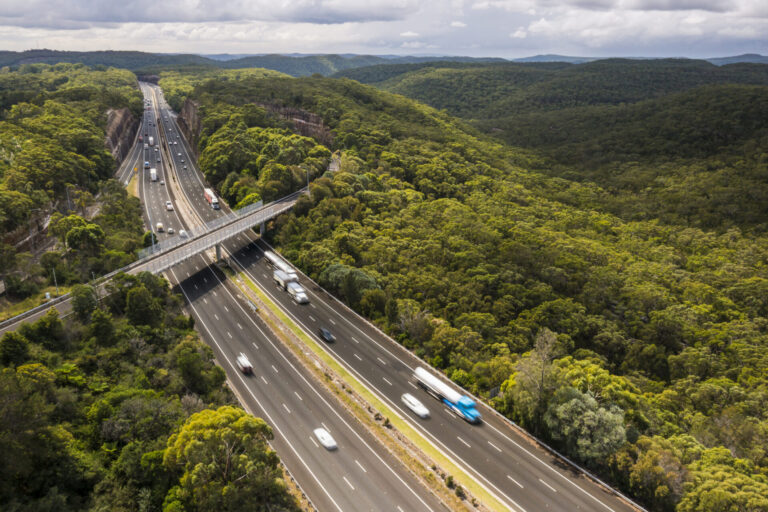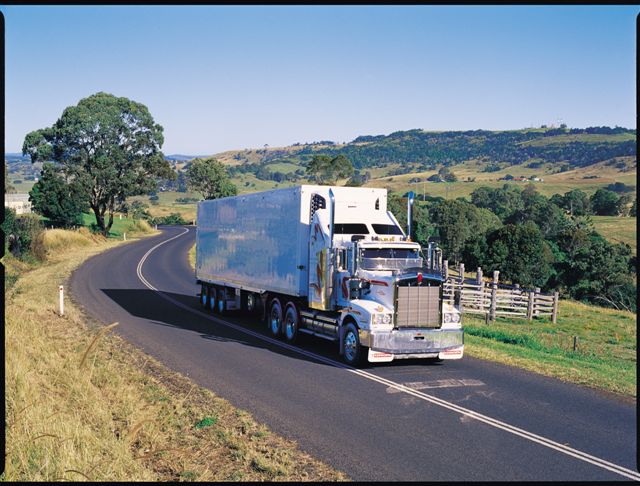Top 4 Dashcam Myths Busted
Original Article by Teletrac Navman can be found here.
Let’s face it, having someone looking over your shoulder while you drive can feel daunting, especially if they’re inclined to point out your driving errors.
The reality is – you’re more likely to put your best foot forward when someone’s watching. You stick to the speed limit, stop at stop signs, avoid distractions, and be polite and patient to fellow road users. Plus, your passenger might teach you a thing or two if you’re willing to listen.
Dashcams are no different; they can improve your driving skills and protect you behind the wheel. Unfortunately, people can be hesitant to have one in their vehicle. So, it’s important to separate myth from fact, be aware of the benefits, and understand that they’re a friend and an invaluable tool for better driving.
Myth #1: your dashcam footage isn’t private
Privacy is a key concern for many of us. Whether we’re on the road for leisure or work, we don’t want to feel like we’re being watched. While dashcams collect video footage, no one has the right to view this footage without your consent or a valid reason, like in the event of a collision. Your privacy is always protected.
The footage and data dashcams collect are designed to protect you, especially in cases where it’s the other driver’s word versus yours. If there’s a collision and you weren’t at fault, the footage can act as evidence to back you up and help you avoid costly insurance fees or other repercussions over false claims. You can also use the footage to help others if your dashcam captured other road users driving recklessly or causing collisions.
Myth #2: if you make a mistake, you’ll get in trouble
You didn’t come to a complete stop at a stop sign; you followed a little too closely behind the car in front; you were distracted by your kids in the back seat; your speedometer clicked over the speed limit. In short – you made a mistake. Unfortunately, it happens to the best of us. Even if you consider yourself a great professional driver, you cannot control all the elements surrounding you.
AI-enabled dashcams can verbally alert you when you’ve made an error or if you’re exhibiting unsafe habits like distracted driving, but that doesn’t mean they’re designed to incriminate you. The data isn’t sent to your local police station or used against you to prove a point. It can, however, make you more accountable and aware of your own habits, and the data is used to inform targeted driver coaching and improve fleet safety, not to reprimand you.
Myth #3: they can’t protect you from collisions
Dashcams are still commonly thought of as a reactive tool, useful for evidence after something has happened but not particularly beneficial when attempting to avoid collisions in the first place. With new AI-enabled technology, this couldn’t be farther from the truth. With smart dashcams and their smart sensors, they can detect events in real-time and provide audible alerts, so you can instantly alter your behaviour – like distracted driving, following too closely, speeding, harsh braking, or excessive yawning. All this together can help you avoid bad habits that can lead to incidents.
Over time, with ongoing dashcam feedback, you may notice the alerts lessen as you start to adapt and pick up safer driving habits. If you’re driving more safely and staying focused on the road, the chances of a collision are much slimmer. Additionally, some models can detect on-road hazards and alert you, helping you react quickly and avoid collisions with other cars, animals, or objects.
Myth #4: dashcams can’t improve your driving
Dashcams can’t improve your driving if you aren’t open to improving. However, if you are willing to learn from what they can teach you about driving, they can help you hone in on areas for improvement and sharpen your skills.
If you’re involved in a collision or near-miss, you can watch the footage to pinpoint how to improve your driving to avoid future incidents. AI-enabled dashcams can be a beneficial addition to existing driver coaching programs. The data can be used to provide personalised coaching, giving you or your trainer insights into areas for improvement, along with areas you have improved.
Dashcams are simply a helpful tool
When it comes down to it, dashcams are a helpful tool. Whether you’re using the footage as evidence to protect you legally and financially in the event of a collision, using the alerts to help you avoid poor behaviours or hazards on the road, improve your driving over time, or collecting the data to inform targeted driver coaching – they’re designed to help you behind the wheel.
When you’re on your own with no backseat driver keeping you alert and on-guard, that help can make all the difference.



